Algis Valiunas
Fellow
Algis Valiunas is a Fellow at the Ethics and Public Policy Center and a contributing editor to The New Atlantis, a journal about the ethical, political, and social implications of modern science technology.
Algis Valiunas is a Fellow at the Ethics and Public Policy Center and a contributing editor to The New Atlantis, a journal about the ethical, political, and social implications of modern science technology.
A literary essayist, his writings have appeared in Commentary, the Weekly Standard, National Review, First Things, the American Spectator, the New Criterion, and the Claremont Review of Books. They have also appeared in various collections, including most recently The Best Spiritual Writing, 2013 (Penguin, 2012). He is also the author of the book Churchill’s Military Histories: A Rhetorical Study (Encounter, 2002). He holds degrees from Dartmouth College; Trinity College, Cambridge; and the University of Chicago, where Saul Bellow was his doctoral dissertation adviser in the Committee on Social Thought.
Stalin, the Bloodiest Bookworm
Algis Valiunas
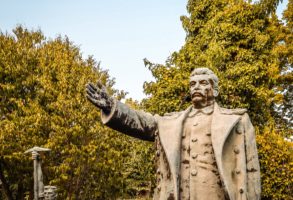
A review of Stalin’s Library: A Dictator and His Books, by Geoffrey Roberts.
Articles
National Review / April 4, 2022
Nihilism for the Ironhearted
Algis Valiunas
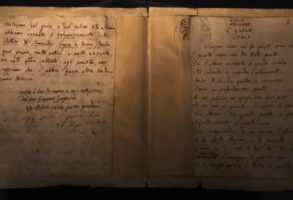
Giacomo Leopardi may be the great modern writer least known to an English-speaking readership.
Articles
First Things / March 16, 2022
Christmas by Dickensian Decree
Algis Valiunas
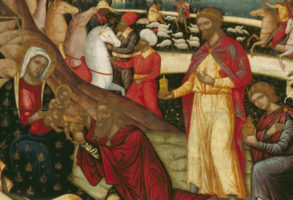
A Christmas Carol has influenced how we view and celebrate Christmas in modern times. But does Dickens know how to keep Christmas well?
Articles
First Things / December 29, 2021
Anthropology as Atonement
Algis Valiunas
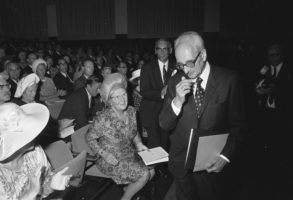
It is not so much respect for the primitive “other” as it is loathing for one’s own oppressive, grasping modernity that lies behind the doctrine of cultural relativism.
Articles
The New Atlantis - Summer 2021 issue / September 15, 2021
The Gospel According to Dickens
Algis Valiunas
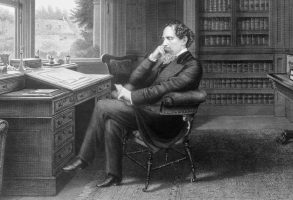
Charles Dickens penned a modern quasi-mythic trove of Christian wisdom and, above all, joy.
Articles
First Things - April 2021 issue / March 16, 2021
The Ordinary Ennobled
Algis Valiunas
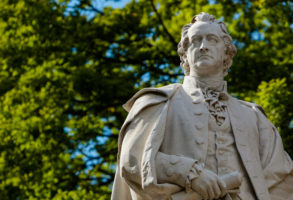
Maybe if one were to call self-actualization by another name, its stigma would be reduced. So call it self-perfection instead, and think of Goethe as its finest embodiment.
Articles
The New Criterion - January 2021 issue / February 1, 2021
A Scientist’s Mind, A Poet’s Soul
Algis Valiunas
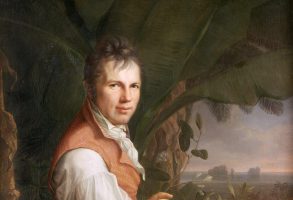
Except for Aristotle, no scientist before or since Alexander von Humboldt can boast an intellect as universal in reach as his and as influential for the salient work of his time. His neglect today is unfortunate but instructive.
Articles
The New Atlantis - Winter 2021 issue / January 20, 2021
Our History Then and Now
Algis Valiunas

American historiography — the writing of our history — has never been a more hotly contested political battleground than it is today.
Articles
National Affairs - Winter 2021 issue / January 4, 2021
The Genius of Wordsworth
Algis Valiunas
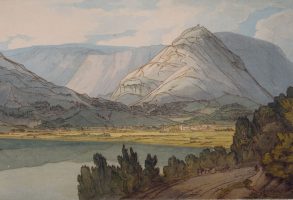
William Wordsworth was the greatest of the English Romantics, innovative in form and content, yet with a lasting influence on the conservative sensibility in culture and politics. Now he, along with Shakespeare and perhaps John Milton, belongs to the exclusive company of English poets whose names even the minimally educated are almost certain to have heard.
Articles
First Things - December 2020 issue / December 2, 2020
Civilized Uncertainty
Algis Valiunas
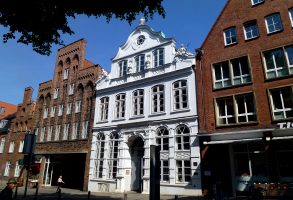
Thomas Mann never could explain what the world was, but he did a masterly job of portraying it in all its glorious and bedeviled complication.
Articles
Humanities Magazine / September 29, 2020
In Plague Time
Algis Valiunas
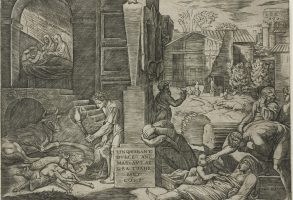
There is a masterly and instructive literature that treats of epidemics far more frightful than that of COVID-19, and reminds us what human beings are capable of, in the way of nobility and depravity, when the question of whether one will live out the week is a 50-50 proposition.
Articles
Claremont Review of Books - Summer 2020 issue / August 20, 2020
Russian Purgatory
Algis Valiunas
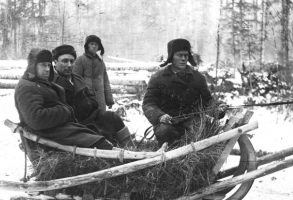
Twentieth-century terror for terror’s sake—mass suffering and death at the call of a tyrant’s devastating whim, in the service of absolute nihilism—ravaged the soul of the Russian people. Their soul’s current pitiable state bespeaks the ordeal through which it passed under the evil regime of Soviet communism.
Articles
First Things - June 2020 issue / July 20, 2020